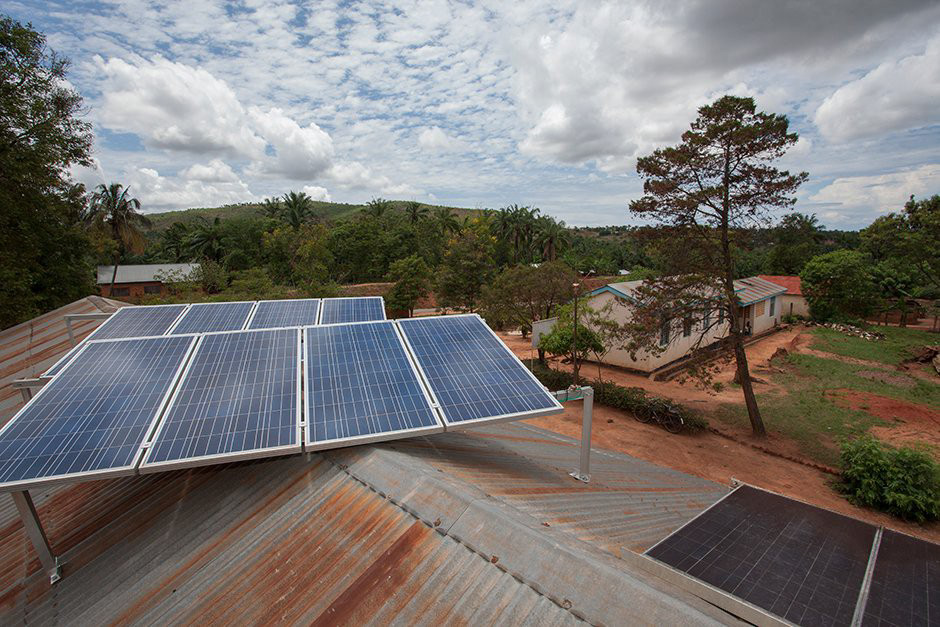At the Millennium Challenge Corporation, we managed multiple digital marketing channels, and the content for most of might have been considered dry, technical, but agreeably on brand. We set up a Medium account to give us a new voice in our written content.
As a third party platform, it had a lighter brand than our main blogs, and we were able to create a different space that was more personal and conversational -- making our brand more approachable and understandable.
Below are a few snippets of examples from the full account.
In The Developing World, The Right Data Can Be A game changer
A small American energy company is looking to expand into the developing world. It has limited resources to scope out the relative risk of foreign markets, so it relies in part on a trove of indices gathered by the international community. In the emerging and developing markets of the 21st century, that kind of easily available data can help drive critical foreign investment decisions.
At the dawn of the 4th Industrial Revolution — the theme of the recent World Economic Forum in Davos — the world is producing and curating vast amounts of information. Harnessing that data and applying it in new ways could have tremendous implications for the future of businesses and people across the developing world. While the challenge and opportunity of harnessing Big Data is dizzying, there are a number of low-hanging fruits to support development.
On Water, War, and Women
Jordan is one of the driest countries in the world. Most households receive water only once or twice a week, and the country is rapidly running through its existing supply of renewable water. Pollution, a changing climate, and waves of Syrian and Iraqi refugees in recent years are putting an even greater strain on the country’s water resources. By 2025, is it possible that each Jordanian may have one-tenth of the world’s average supply of water per person.
It is hard to overstate how perilous of a problem this is for Jordan. Clean water is of course critical to life, but it is also necessary for farmers to grow the crops we eat and for businesses to manufacture the goods we use (it can take as much as 2,700 liters of water to produce a single cotton t-shirt). The dwindling supply of water in Jordan will send the price of water and other goods up and raise costs for families and businesses.
Wars have been fought over water sources for millennia, and shrinking water supplies can represent a serious security concern. In fact, some recent research suggests that in neighboring Syria, a multi-year drought may have exacerbated political differences leading up to the civil war. But there is tremendous reason to be hopeful in Jordan.
Read more...


The Solar Age
Electricity has become such a necessity to modern life — it powers our phones, our computers, our lights — that it can be easy to forget that the promise of electric power is still a distant hope for too many. More than one in seven people globally do not have electricity, and nearly 3 billion people still rely on wood or charcoal for cooking and heating.
The human impact of this energy poverty is stark. More people die each year from indoor air pollution released from the burning of wood and charcoal than from AIDS, tuberculosis, and malaria combined. Lack of energy stunts economic growth and cripples the delivery of critical services such as water, health, and education.
Meanwhile, rising demand for energy is placing enormous stresses on the environment. Deforestation for fuel wood and charcoal continues unabated in the poorest countries of the planet, resulting in flooding and loss of rainfall, topsoil, and wildlife. And globally, including in the developed world, increased emissions from the combustion of fossil and biomass fuels are warming the Earth’s climate, which the 2015 National Security Strategy of the United States called an urgent and growing threat both to the homeland and U.S. national security.
Read more...
